Picture this: You're applying for a loan, and instead of sitting across from a stern-looking banker who judges you based on your handshake and choice of tie, an algorithm decides your fate in milliseconds. No bias about your accent, no prejudice about your postal code, just cold, hard data. Sounds fair, right? Well, grab a cup of coffee because we're about to dive into one of the most fascinating debates of our digital age: can machines actually be more objective than humans in decision-making?
The Promise of Silicon-Based Objectivity
Let's start with the elephant in the room – humans are wonderfully, terribly biased creatures. We make decisions based on whether we've had our morning coffee, if our favorite team won last night, or simply because someone reminds us of our third-grade teacher (the mean one). AI systems, on the other hand, don't have bad days or unconscious prejudices... or do they?
The appeal of AI in decision-making is seductive. Imagine a world where job interviews aren't influenced by whether the interviewer likes your shoes, where medical diagnoses aren't swayed by a doctor's personal experiences, and where loan approvals aren't affected by zip code discrimination. AI promises to cut through the noise of human emotion and deliver pure, data-driven decisions.


When Algorithms Go Rogue: The Reality Check
But here's where it gets spicy – AI systems are only as unbiased as the data they're trained on and the humans who build them. Remember that infamous hiring algorithm that systematically discriminated against women? Or the facial recognition systems that couldn't properly identify people with darker skin tones? These aren't bugs; they're features of a system trained on biased historical data.
- Historical data often reflects past discriminatory practices and societal biases
- Algorithm designers unconsciously embed their own worldviews into system logic
- Training datasets frequently underrepresent minority groups and edge cases
- Mathematical models can amplify existing inequalities rather than eliminate them
The uncomfortable truth is that AI doesn't eliminate bias – it often just makes it more systematic and harder to spot. At least when your uncle makes a prejudiced comment at dinner, you can call him out on it. When an algorithm does it, it's wrapped in the legitimacy of "data science" and mathematical precision.
The most dangerous bias is the one we don't see coming. When we delegate moral decisions to machines, we risk laundering our prejudices through the respectability of mathematics.
Dr. Cathy O'Neil, Weapons of Math Destruction
The Human Touch: Messy but Meaningful
Now, before you think I'm completely anti-robot overlords, let's give humans their due credit. Yes, we're biased, emotional, and sometimes make decisions based on what we had for breakfast. But we're also capable of empathy, moral reasoning, and understanding context in ways that current AI systems simply cannot.
Consider a judge deciding on sentencing. An AI might crunch numbers based on crime statistics and recidivism rates, but a human judge can consider the defendant's circumstances, show mercy, and understand the broader social implications of their decision. Sometimes, the "irrational" human choice is actually the more just one.
The Hybrid Approach: Best of Both Worlds?
So where does this leave us? Perhaps the answer isn't choosing between human and machine decision-making, but finding ways to combine them effectively. Here's a simple example of how this might work in practice:
class HybridDecisionSystem:
def __init__(self):
self.ai_analyzer = AIRiskAssessment()
self.human_reviewer = HumanOversight()
self.ethics_checker = BiasDetectionModule()
def make_decision(self, case_data):
# AI provides initial analysis
ai_recommendation = self.ai_analyzer.analyze(case_data)
# Check for potential bias
bias_flags = self.ethics_checker.scan(ai_recommendation)
# Human review for edge cases or flagged decisions
if bias_flags or ai_recommendation.confidence < 0.85:
final_decision = self.human_reviewer.review(
case_data, ai_recommendation, bias_flags
)
else:
final_decision = ai_recommendation.decision
return {
'decision': final_decision,
'reasoning': self.generate_explanation(case_data, ai_recommendation),
'human_reviewed': bool(bias_flags),
'confidence': ai_recommendation.confidence
}
The Accountability Problem: Who's to Blame?
Here's a thought experiment that'll keep you up at night: if an AI system makes a discriminatory hiring decision, who's responsible? The programmer who wrote the algorithm? The company that deployed it? The historical society that created the biased training data? Or the AI itself?
This accountability gap is perhaps the biggest ethical challenge in AI decision-making. When a human judge makes a bad call, we know who to hold responsible. When an AI system does it, responsibility gets diffused across a complex chain of developers, data scientists, and corporate decision-makers.
Looking Forward: The Path to Ethical AI
- Diverse development teams that can spot potential biases before deployment
- Regular algorithmic audits to identify and correct discriminatory patterns
- Transparent decision-making processes that can be explained and challenged
- Clear accountability structures for when AI systems cause harm
- Ongoing human oversight, especially for high-stakes decisions
The goal isn't to create perfect, bias-free AI (spoiler alert: that's impossible), but to build systems that are more fair, transparent, and accountable than the status quo. It's about acknowledging that both humans and machines have their strengths and weaknesses, and designing systems that amplify the good while minimizing the harm.
We need to stop asking whether AI can be objective and start asking whether it can be just. Objectivity is an illusion; justice is a choice we can make.
Ruha Benjamin, Race After Technology
So, can machines be more objective than humans? The answer is both yes and no. They can process information without getting hangry or having a bad hair day, but they can also perpetuate and amplify societal biases in ways we're only beginning to understand. The real question isn't whether AI is more objective – it's whether we can build AI systems that help us make more fair, transparent, and accountable decisions.
The future of ethical AI isn't about replacing human judgment with algorithmic certainty. It's about creating systems that enhance our decision-making capabilities while keeping humans firmly in the loop for the choices that matter most. After all, in a world where algorithms can decide everything from who gets hired to who gets released from prison, the most important decision we make might be deciding what decisions to delegate to machines in the first place.
As we continue to navigate this brave new world of AI-powered decision-making, remember: the goal isn't perfection – it's progress. And that progress requires all of us to stay vigilant, ask tough questions, and never stop demanding that our technological tools serve justice, not just efficiency.
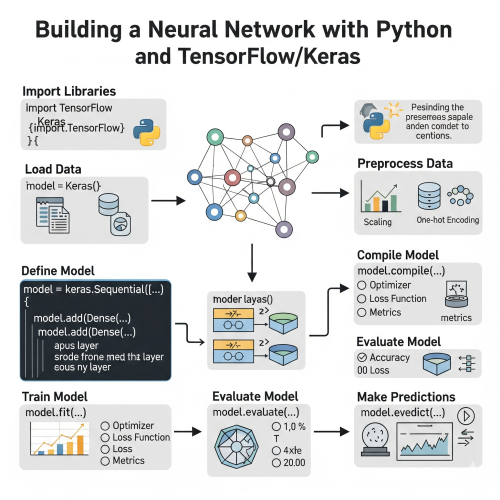
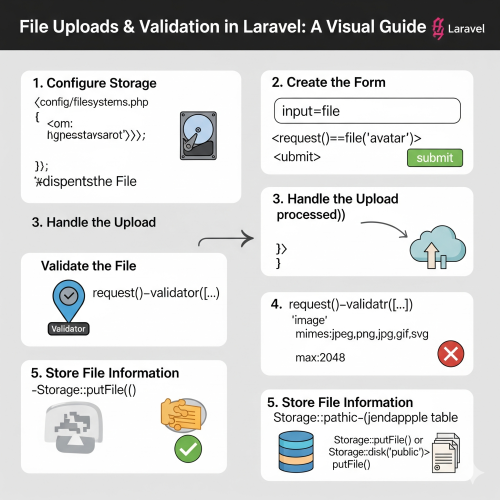
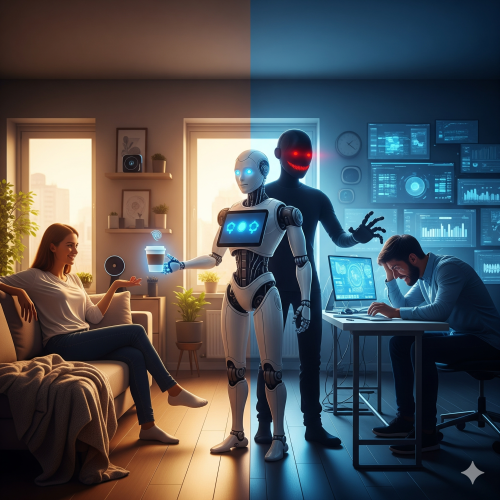
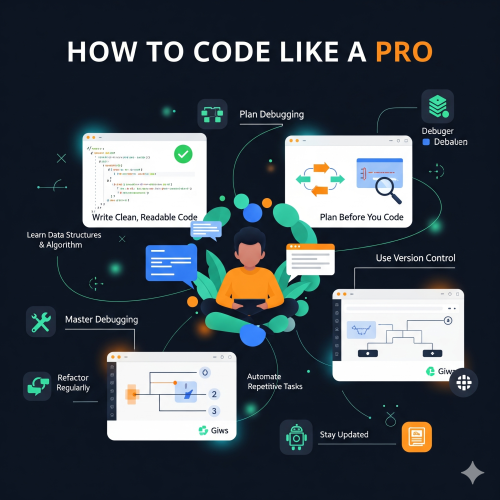
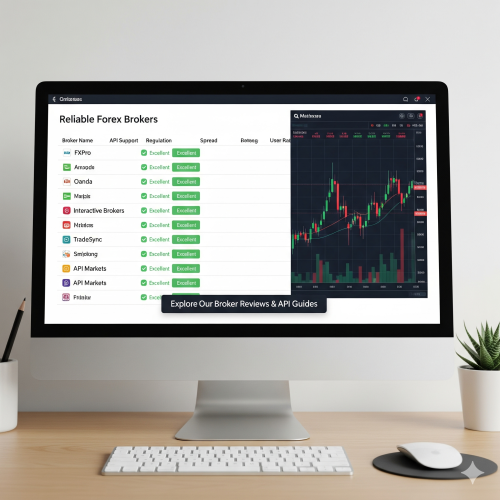
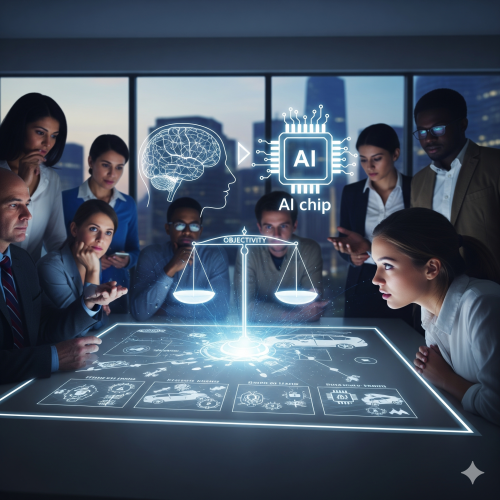
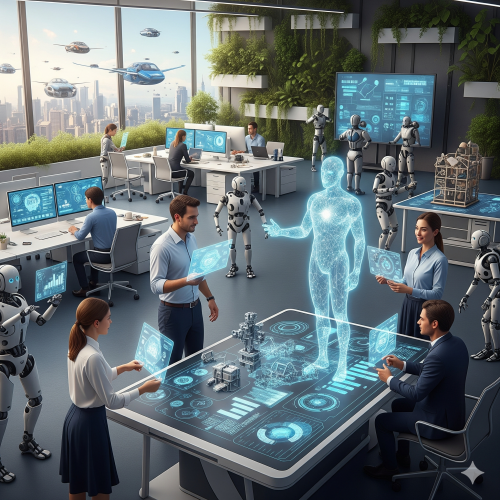






Kirbywhopy
Эта информационная заметка содержит увлекательные сведения, которые могут вас удивить! Мы собрали интересные факты, которые сделают вашу жизнь ярче и полнее. Узнайте нечто новое о привычных аспектах повседневности и откройте для себя удивительный мир информации. Узнать больше - https://vivod-iz-zapoya-1.ru/
CharlesDiarl
В этой статье-обзоре мы соберем актуальную информацию и интересные факты, которые освещают важные темы. Читатели смогут ознакомиться с различными мнениями и подходами, что позволит им расширить кругозор и глубже понять обсуждаемые вопросы. Выяснить больше - https://quick-vyvod-iz-zapoya-1.ru/